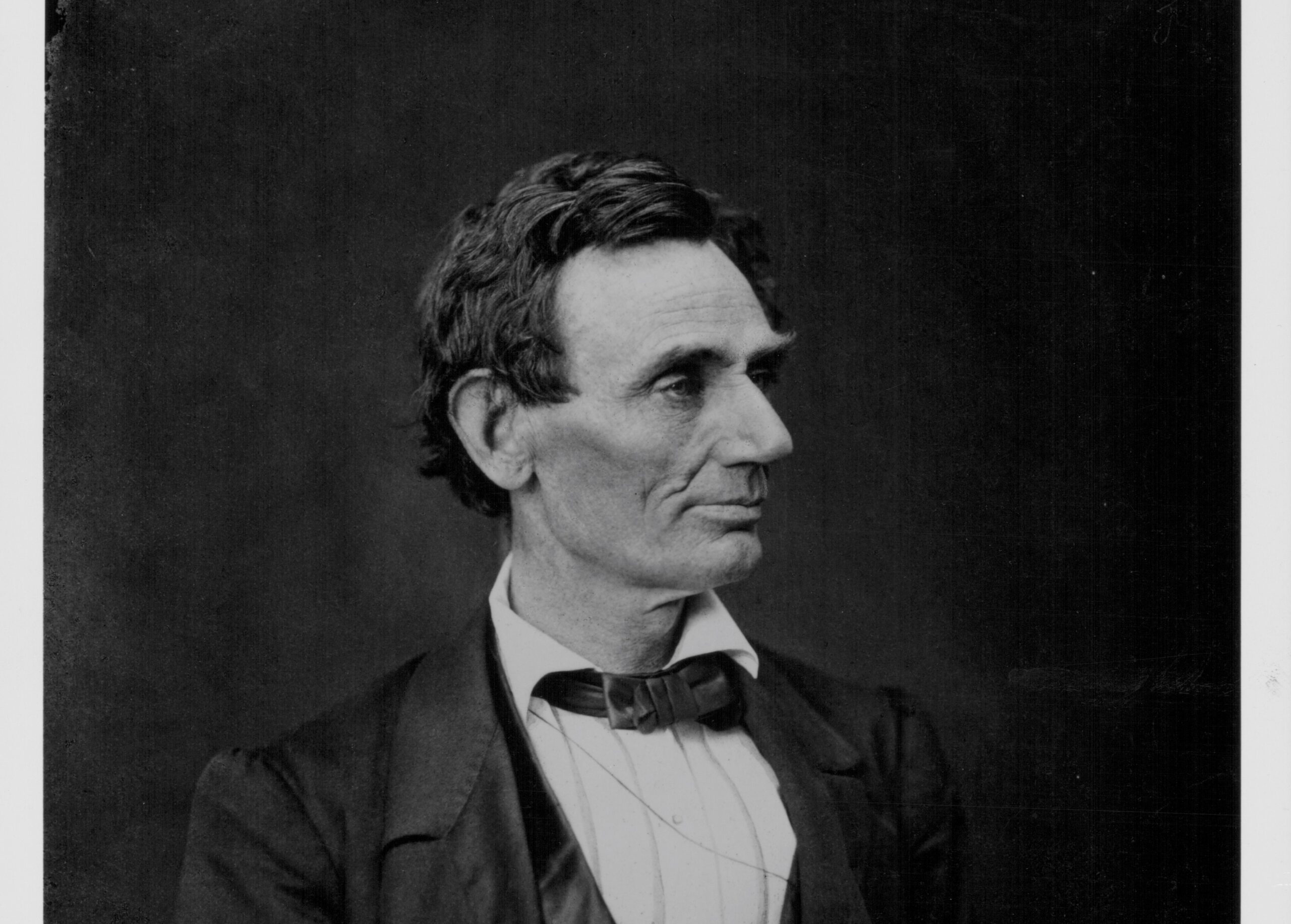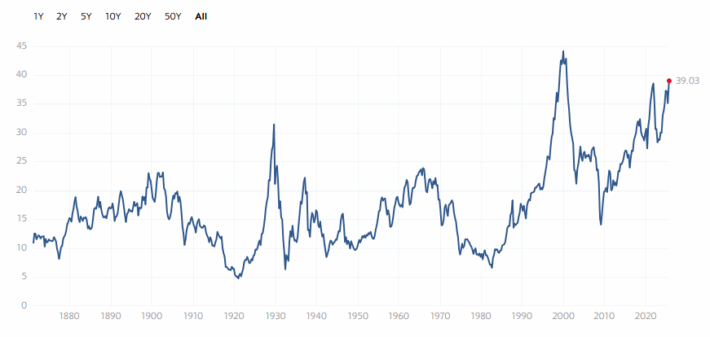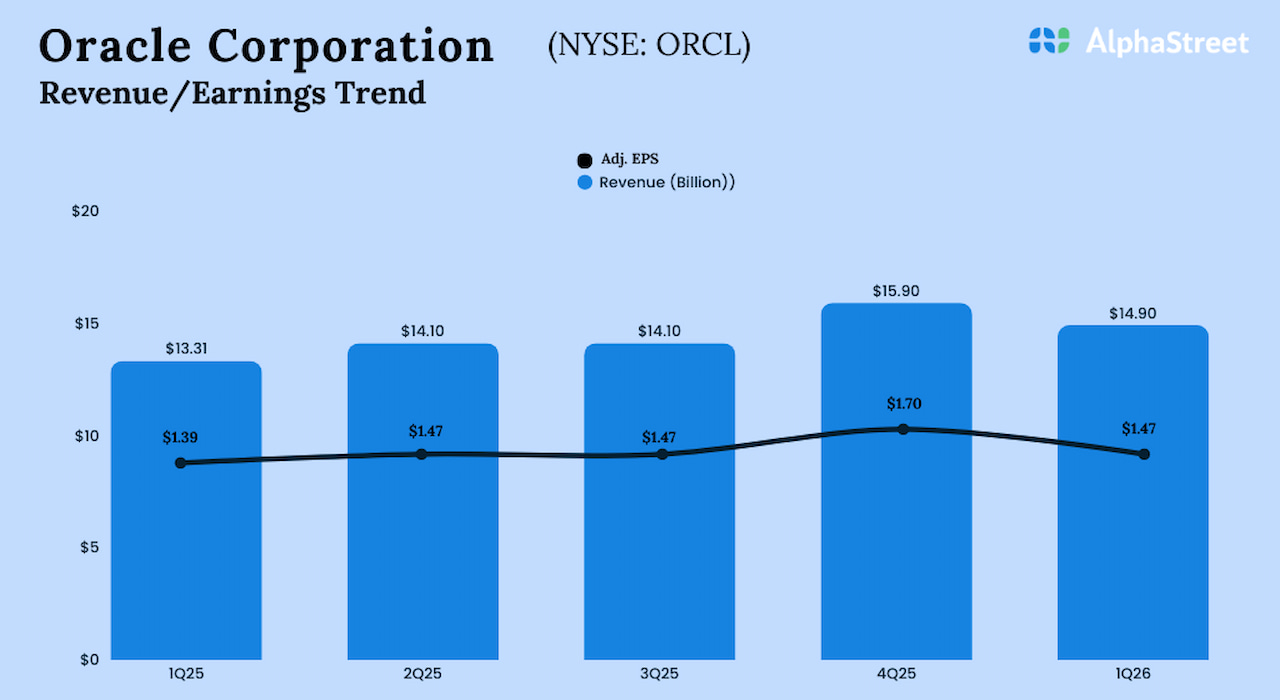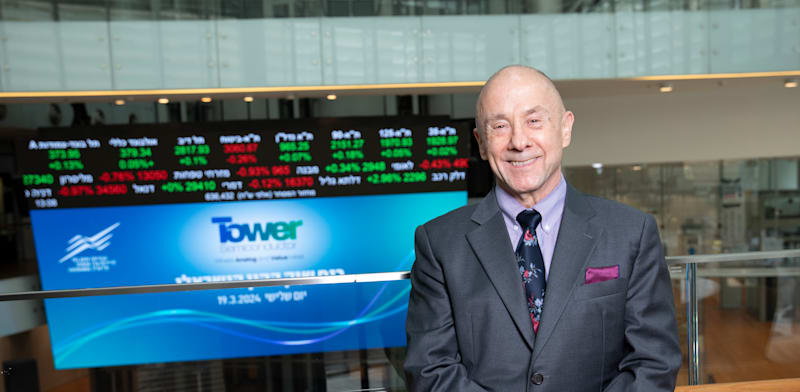Binod Shankar, CFA, is the author of Let’s Get Real: 42 Tips for the Stuck Manager.
Sometimes quitting is the right thing to do, whether it is leaving a city, a relationship, or, yes, even a career.
But as an executive coach, I find that most people have major issues with giving up on a career, even one that has grown stale and unfulfilling. We can hang on for years — even decades — after we should have just thrown in the towel.
Why?
There are countless reasons, but these are the ones I encounter the most in my practice:
No one wants to be seen as a loser. After all, winners never quit and quitters never win.
We believe greater success in our current career is just around the corner. That organizational shake-up or long-awaited promotion will finally materialize and set us on the right path.
We do not know why we should quit. We cannot articulate a convincing reason.
Quitting will take us outside our comfort zones and inject uncertainty into our lives. Starting a new career is hard, especially if it is in a totally different sector. Will we have to take a pay cut? What will it mean for our quality of life?
We have dedicated too much of our time and human capital to succeeding in an industry or discipline — accounting, for example — and quitting feels like chucking all that away. What was the point of all that effort if we are now going to give up?
I know how much these concerns matter. They keep us in jobs we no longer want and prevent us from finding the ones that we love. But they are all focused on the downside. That is why I try to convince my clients who are finance professionals that quitting can have an upside.
How do I know? Because I am an experienced quitter who has quit to win many, many times.
For example, I quit studying for CPA exams to focus on the CFA Program; I quit corporate life to co-found a financial training company that we subsequently sold; I quit that company to become a podcaster; I quit as a CFA exam prep trainer to become an executive coach; I quit marathon running for high-altitude hiking and mountaineering; and I quit those two disciplines to focus on strength training. Are you seeing a pattern?
So, I’ve devised six perspectives that help underscore the reasons to quit. Inspired by episodes of The Big Bang Theory, these are framed in a way that investment professionals will understand.

1. The Sunk-Cost Fallacy
When we calculate the net present value (NPV) or the internal rate of return (IRR) of a project or investment, we ignore all sunk costs no matter how large. These include valuation and appraisal reports, market studies, etc.
Why do we do this? Because life moves forward, not backwards. It is the forecast — the future — that matters.
So, from a pure career perspective, the 10 or 15 years we spent in financial control at XYZ bank matters far less than where we will spend the next 10 to 15 years. So, why not consider a switch?
What holds us back is an emotional attachment to a historical fact that is nothing but a sunk cost.
2. The Opportunity Cost Alternative
Opportunity cost is the value lost by choosing one opportunity over the next best opportunity.
Say we own a commercial building and lease it out as an office. The opportunity cost is the rent we would have collected had we leased it for the next best use — retail, say.
Now look at our careers from this vantage point. Every day we spend in accounting is a day we do not spend building a career in investment management. And that type of inertia comes with a price tag attached.
I live in Dubai where, by my estimates, a financial planning and analysis manager with 10 years of experience earns about $80,000 less per year than a CFA charterholder working in investment management at the same firm with the same amount of experience.
So yes, there’s definitely an opportunity cost.
There are caveats to be sure. When we switch careers or organizations, we may lose our seniority. For example, someone with 10 years in financial planning and analysis who moves to equity research may be treated at par with a five-year associate and their compensation may be lower at first. They may need three to five years to return to their old salary and then begin to outearn it. So, think long term. In Dubai, at least, we may not see that incremental $80,000 the first year after quitting.

3. The Time Value of Money
This is one of finance’s most fundamental concepts. We cannot conduct any analysis without it.
So, what does this framework have to show about our future career? We can look at either the present value or the future value of the additional money we would make if we switched careers.
For the example above, if we run a present value or future value analysis of the extra $80,000 over a five to seven year period, even assuming an initial decline in salary, the additional financial benefits are hard to ignore.
4. The Risk–Return Paradigm
Quitting comes with risk. Financial and career failure are foremost.
Imagine as a finance professional we quit a career in corporate banking to join a private banking firm. But we soon find we hate the sales part of the new job and that building a book of ultra-high net worth individuals from scratch is easier said than done. Did we make a mistake?
No — we just escaped a stagnating career at a small, haphazardly managed bank. In our new private bank position, our pay is 50% higher. We also have more flexibility and access to a wider range of financial products. Our prospects for promotion have also improved. We are now on a ladder that is both climbable and worth climbing. Most importantly, we are putting more of our knowledge and expertise to work.
Return comes with risk, and as humans we are risk averse. We look too closely at the downside and not enough at the upside.
The question we should ask ourselves is: How much return are we getting for the risk we are taking?

5. The Cut Your Losses Proposition
In portfolio management, selling our losers is an accepted dictum.
Losing stocks are a drag on performance: We are better off reallocating the money to higher-performing equities. Selling our losers and holding our winners is the ideal. But most retail stock investors fail to execute on this, and their returns suffer for it.
In our careers, we lock up time and money. If our current career is in Stuck City with little prospect of becoming unstuck, we are in a losing situation, and hope is not a strategy. So, it may be time to cut our losses and look elsewhere.
6. The Regret Bill Factor
“If you think the price of winning is too high, wait till you get the bill for regret.”
Everyone has regrets. And career regrets are among the most painful. The most common one I hear from the executives I coach is, “I wish I had done it differently.”
So, here is an exercise.
Think of the risk, financial or otherwise, involved in switching careers. It is too high, right? But what if we hit the fast forward button and imagine ourselves as an 80-year-old looking back on our careers? Might that career switch seem like more of a risk worth taking?

When to Call It Quits?
Of course, there is far more to quitting than what I have set out. We still need to address the reasons why and conduct a personal inventory.
I ask clients who are thinking about a career change the following questions:
What are your values, and where can you live your values?
What are your transferable skills?
If entrepreneurship is your goal, do you have the mindset?
How do you prepare for your next move while working in your current job?
When should you quit?
Whatever we decide, having the right perspective is critical and can help us determine whether we really are ready to quit to win.
For more from Binod Shankar, CFA, check out Let’s Get Real: 42 Tips for the Stuck Manager and visit his website at www.binodshankar.com.
If you liked this post, don’t forget to subscribe to the Enterprising Investor.
All posts are the opinion of the author. As such, they should not be construed as investment advice, nor do the opinions expressed necessarily reflect the views of CFA Institute or the author’s employer.
Image credit: ©Getty Images /Chalirmpoj Pimpisarn
Professional Learning for CFA Institute Members
CFA Institute members are empowered to self-determine and self-report professional learning (PL) credits earned, including content on Enterprising Investor. Members can record credits easily using their online PL tracker.



























